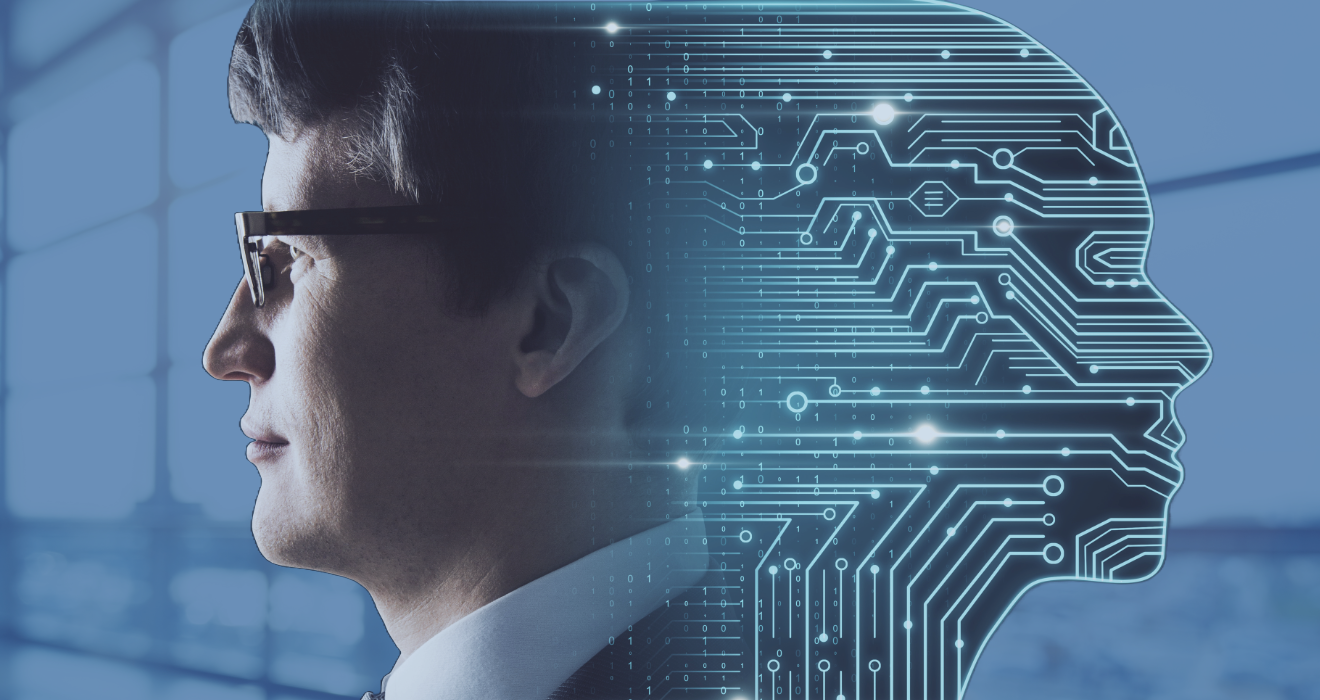Why AI Can’t Replace the Value of Empathy in Nurse Triage
Artificial intelligence (AI) is changing the face of healthcare in numerous ways. From predictive analytics to personalized treatment plans, AI is being used to improve healthcare outcomes for patients around the world.
While AI can be a powerful tool for nurse triage, it can never replace the empathy and human connection that comes from a nurse’s intuition and decision-making abilities.
AI in Nurse Triage
Nurse triage is the process of assessing a patient’s symptoms and determining the appropriate level of care needed. It is a critical function in healthcare, as it helps to ensure that patients receive the right care at the right time. AI is being used to augment the nurse triage process by providing real-time, data-driven insights that can help nurses make more informed decisions.
For example, AI-powered triage tools can analyze a patient’s symptoms and medical history to provide recommendations on the level of care needed. These tools can also help nurses identify potential health risks and provide guidance on preventive measures. By using AI in nurse triage, healthcare organizations can improve the speed and accuracy of their triage processes, leading to better patient outcomes and reduced costs.
Limitations of AI in Nurse Triage
While AI can be a powerful tool for nurse triage, it can never replace the empathy and human connection that comes from a nurse’s intuition and decision-making abilities. Nurses are trained to not only assess a patient’s symptoms but also to understand their emotional state and provide compassionate care. They can build trust with patients and help them feel more comfortable in what can be a stressful and overwhelming situation.
In addition, nurses bring a wealth of experience and expertise to their work. They can recognize patterns and make connections that an AI system might miss. They also have the ability to adapt to a patient’s unique needs and preferences, something that is difficult for an AI system to do.
The Importance of Human Connection in Healthcare
The importance of human connection in healthcare cannot be overstated. Studies have shown that patients who feel connected to their healthcare providers are more likely to follow treatment plans, experience better health outcomes, and have higher levels of satisfaction with their care. In addition, the human connection can help patients feel more empowered and in control of their health.
While AI can be a powerful tool in healthcare, it is important to remember that it is just that – a tool. It should be used to augment and enhance the work of healthcare professionals, not to replace them. By combining the power of AI with the empathy and human connection of nurses, healthcare organizations can provide patients with the best possible care.



